Importance
of Internal Controls
-
Why Internal Controls Matter
-
Types of Internal Controls
-
Benefits for Small Businesses
Identifying and Correcting Errors
Internal controls are the rules, procedures, and practices a business puts in
place to protect its resources, ensure accurate records, and prevent mistakes
or fraud.
“Think of internal controls as a security system for your business’s money and information.”
They’re not just for big companies—every business needs them, no matter the size.
“Think of internal controls as a security system for your business’s money and information.”
They’re not just for big companies—every business needs them, no matter the size.
1. Why Internal Controls Matter
Internal controls play a crucial role in helping businesses operate safely and efficiently. They help protect cash and assets from loss or theft, catch errors early before they turn into bigger issues, and keep records accurate for reliable reporting and tax filing. Strong internal controls also help build trust with customers, employees, and investors by showing that the business is managed responsibly. For example, requiring two people to approve large payments can prevent one person from making a dishonest transaction. Similarly, performing a weekly cash count ensures that the cash in the register matches the sales recorded—helping spot discrepancies before they become serious problems.
2. Types of Internal Controls
There
are different types of internal controls depending on what needs to be
protected within the business. Physical controls include
things like locks, safes, or limiting access to valuable inventory to prevent
theft or misuse. Authorization controls require approval before certain
actions—such as making payments—can be completed, helping prevent unauthorized transactions.
Reconciliation involves
regularly comparing records, such as matching bank statements with accounting
books, to catch errors or missing entries. Another important control is the separation of duties, which
ensures that no single person is responsible for an entire financial process,
reducing the risk of fraud or mistakes. These various systems work together to
create strong layers of protection and improve accuracy in financial
management.
3. Correcting the Errors
Even in a small business, having
simple internal controls can make a big difference. Practices like using
accounting software with login restrictions, reviewing financial reports on a
weekly basis, and safely storing receipts are all effective ways to keep things
organized and secure. These controls help you spot errors quickly, prevent
dishonest behavior, and make smarter financial decisions. They also
ensure you're better prepared for audits or tax season, giving you
confidence and peace of mind in your business operations.
Key Takeaways
✅ Internal controls help prevent errors, fraud, and losses
✅ They keep your records accurate and build business trust
✅ Physical, approval, and reconciliation controls are common types
✅ Even small businesses should have basic controls in place
✅ Good controls = better decisions, fewer surprises, and peace of mind
✅ They keep your records accurate and build business trust
✅ Physical, approval, and reconciliation controls are common types
✅ Even small businesses should have basic controls in place
✅ Good controls = better decisions, fewer surprises, and peace of mind
Write your awesome label here.
Access all Accounting and Bookkeeping Courses from One Portal.
Mastering Bookkeeping and Accounting
MBA simplifies accounting, ledger management, account balancing and financial statement preparation.
QuickBooks Online For Bookkeepers
From Beginner to Expert: Master QuickBooks Online. Effortlessly Navigate, Analyze Transactions, and Unlock its Full Potential.
Xero Accounting For Bookkeepers
Learn how to use Xero, the leading online accounting software to perform most of the essential bookkeeping tasks.
ChatGpt for Bookkeepers and Accountants
Learn how to use the ChatGPT prompt toolkit to simplify daily accounting tasks for accountants and bookkeepers instantly.
Subscribe to our newsletter
Stay informed with the latest accounting tips, tools, and updates from Accountutor right in your email inbox.
Thank you!
Policy Pages

Download QuickBooks Online PDF Guide
Thank you!
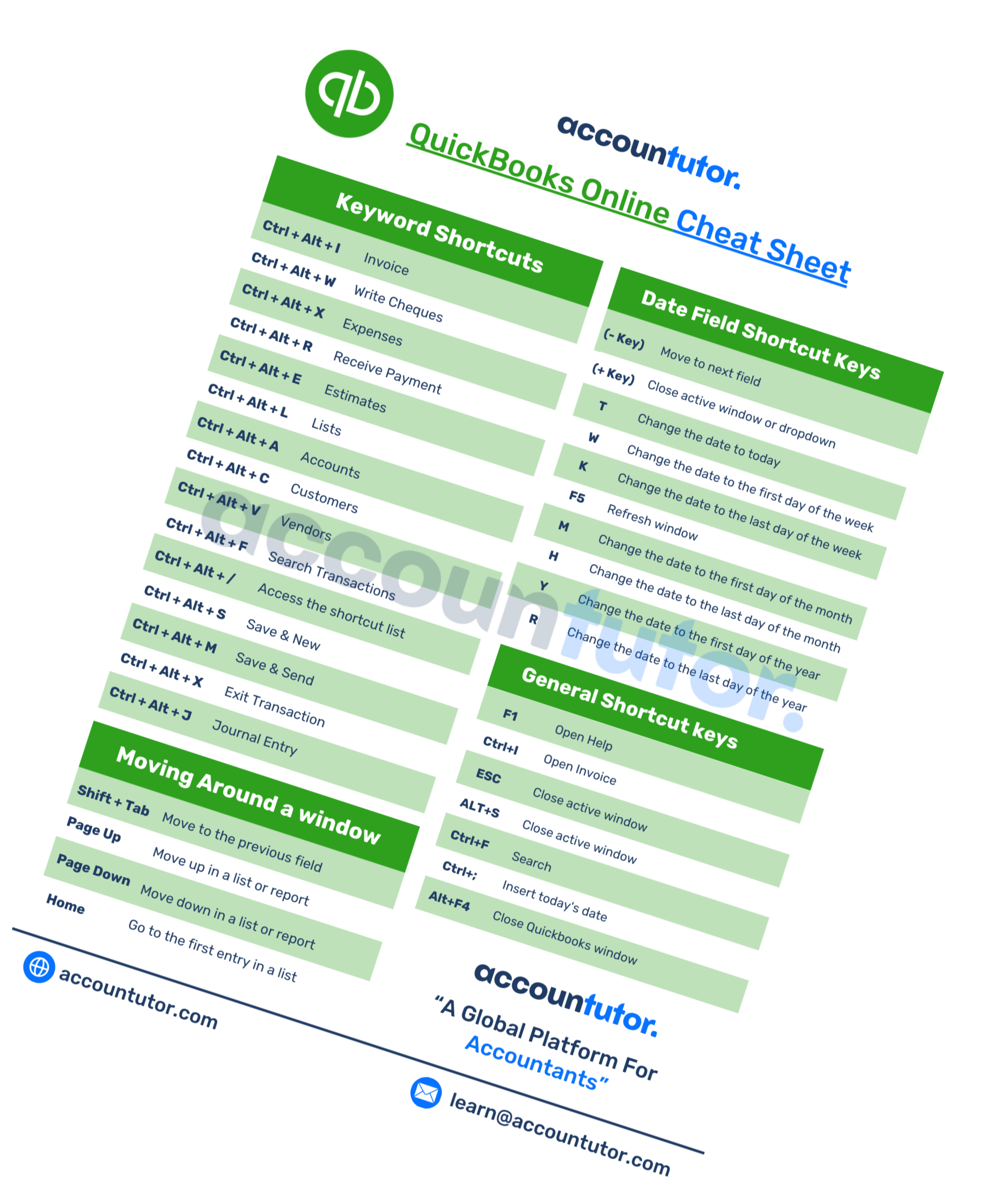
Download QuickBooks Online Cheat Sheet
Thank you!
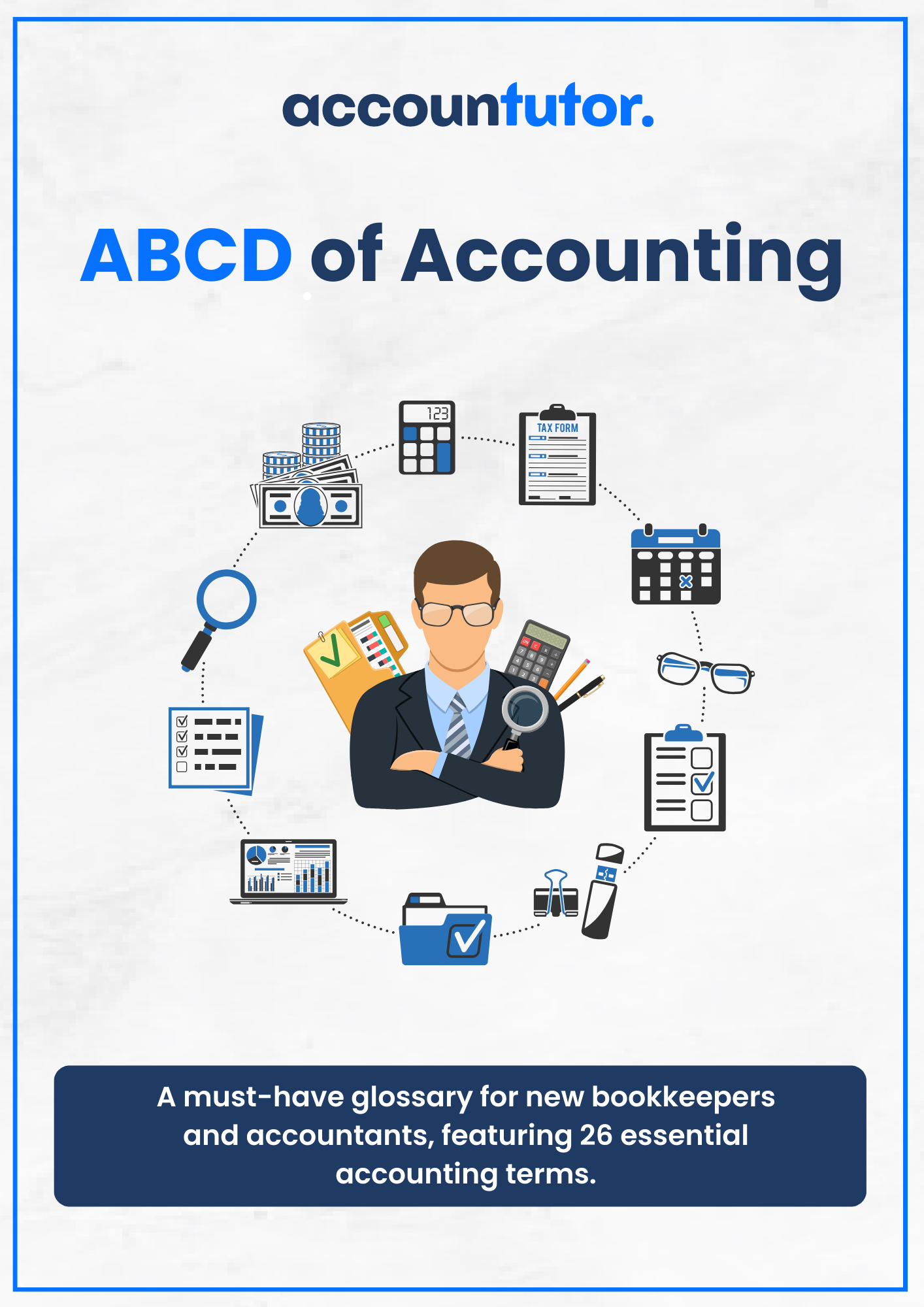
Download ABCD of Accounting
Thank you!
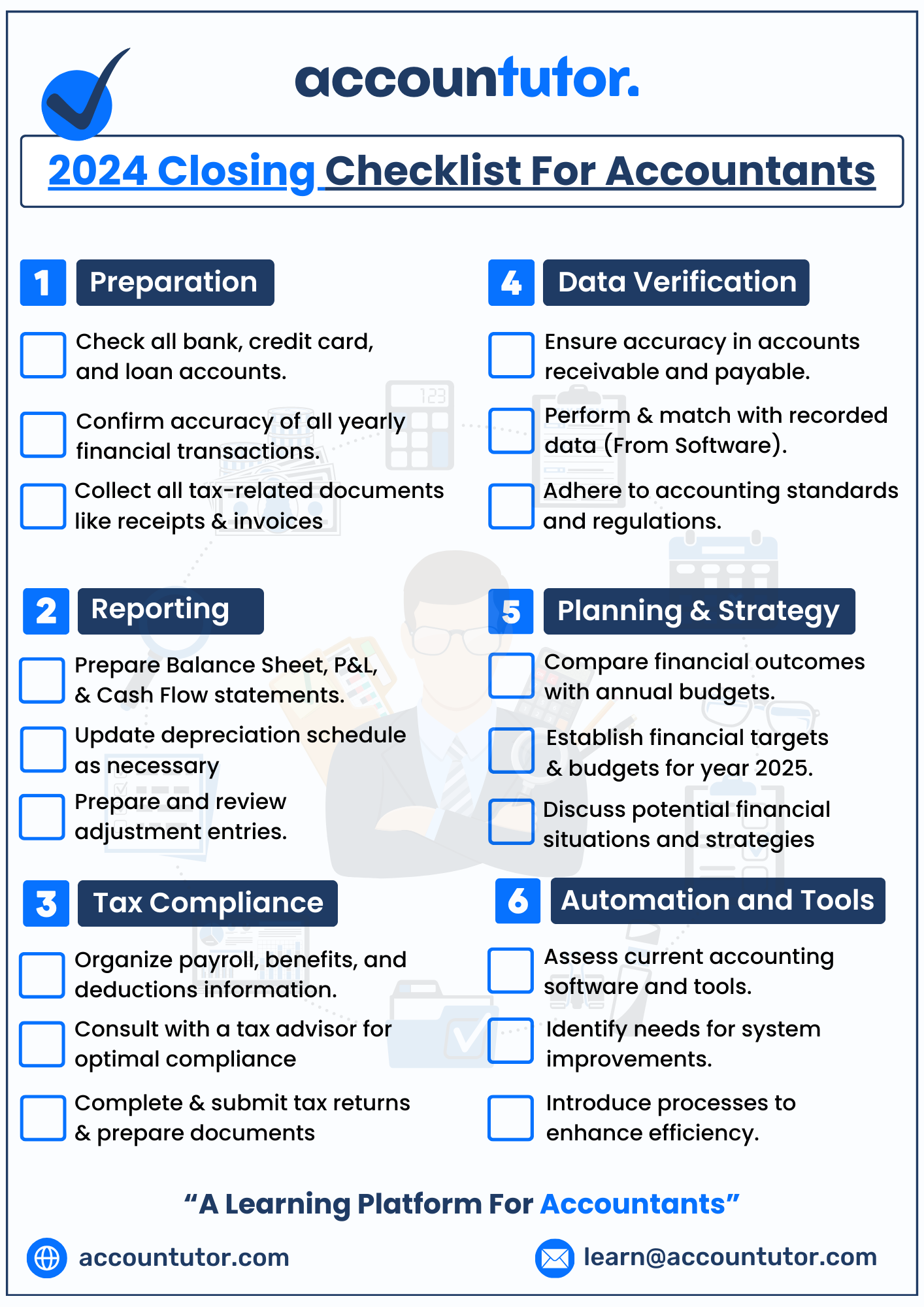
Download Checklist 2024
Thank you!
Register For Free!
Thank you!
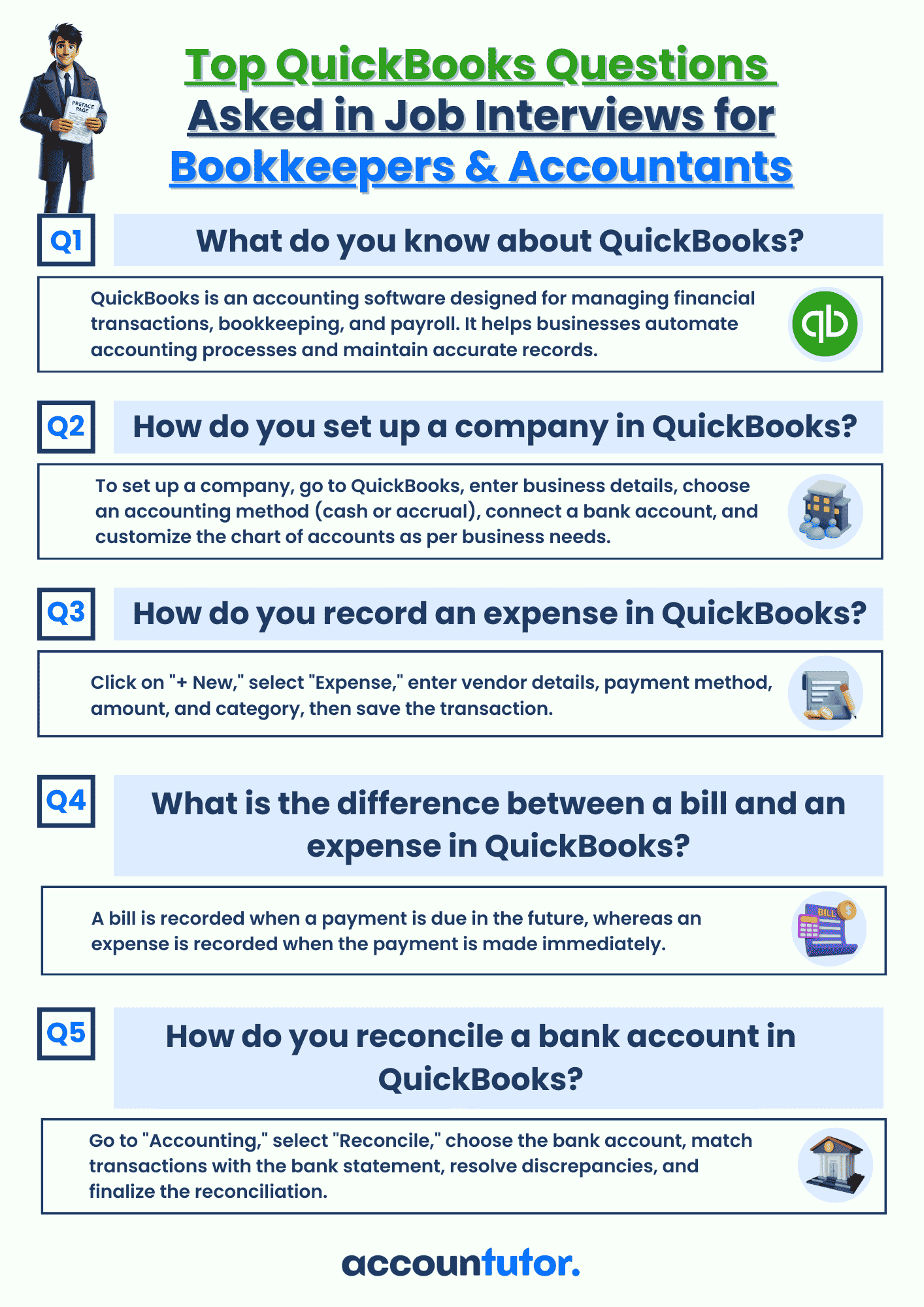
Download Interview Questions
Thank you!
Register for this webinar: How to Master QuickBooks Online— Without Feeling Overwhelmed
7th JUNE 2025 | 8:00 AM PST | 11:00 AM EST
Thank you! The joining link will be sent to your email shortly!
Webinar joining link will be sent to your email address.
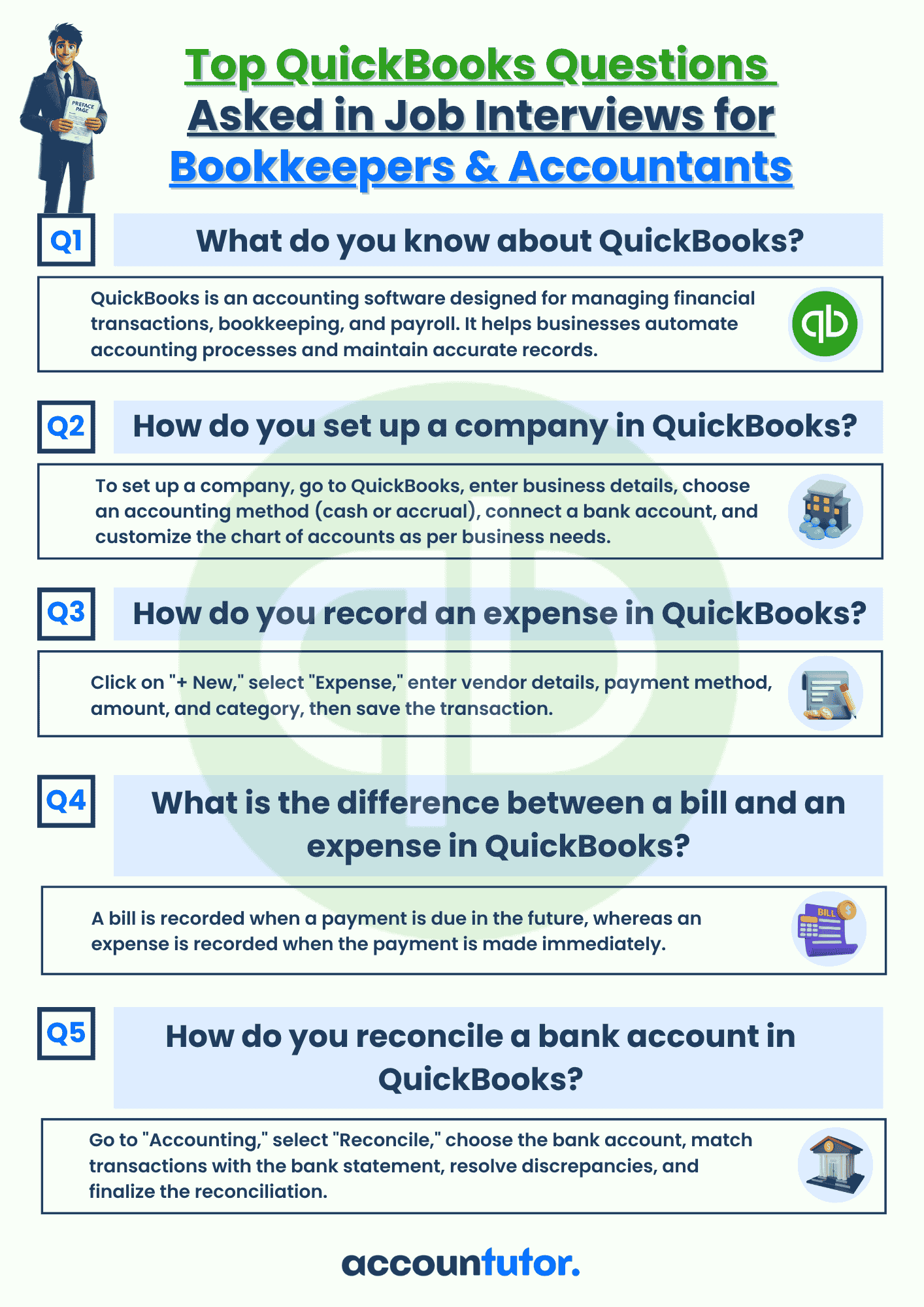
Download QBO Job Interview Questions and Answers PDF
Thank you!
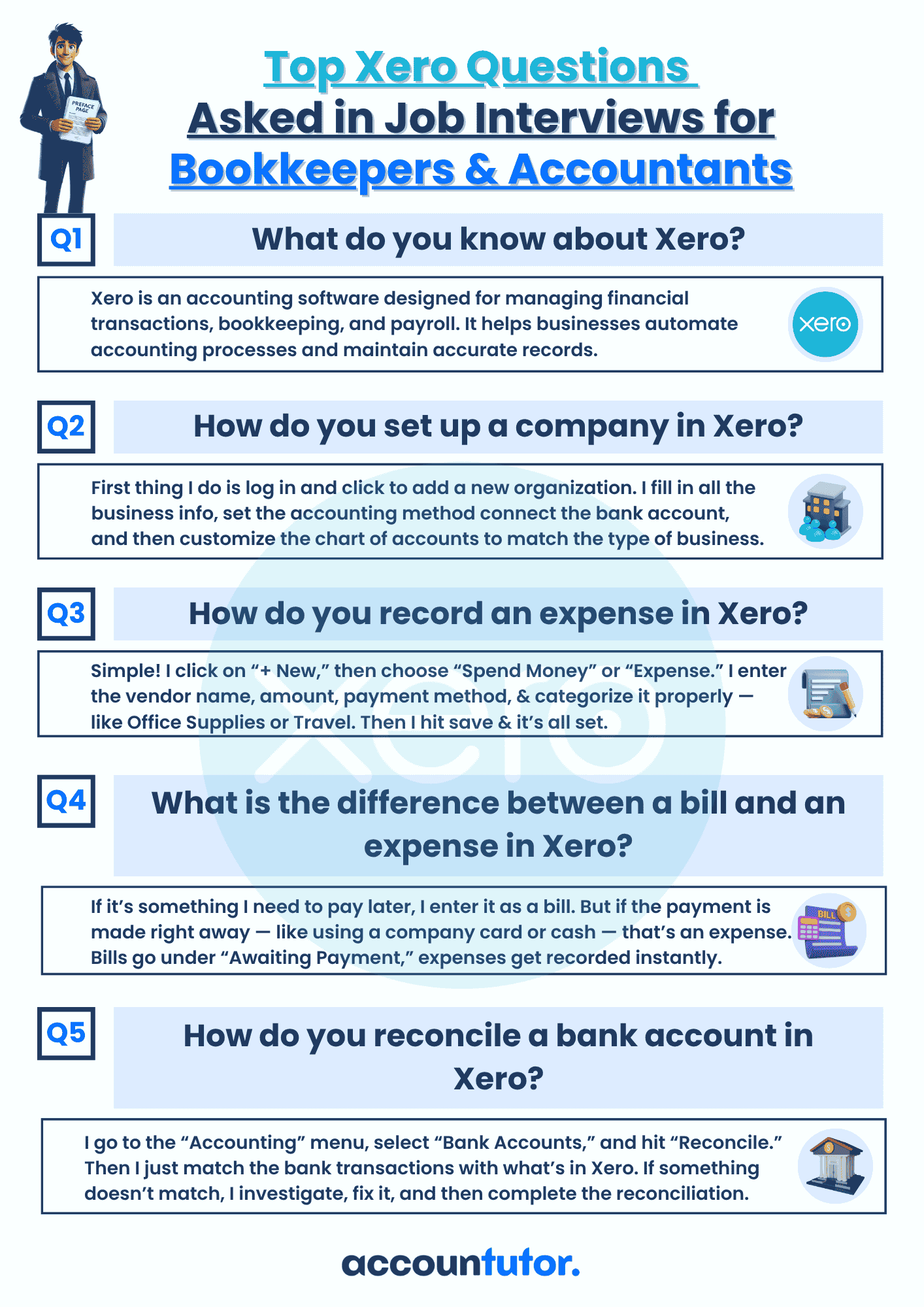
Download Interview Questions
Thank you!

Download 50 Interview Questions For Bookkeepers
Thank you!

Download QuickBooks Online Guidebook
Thank you!

